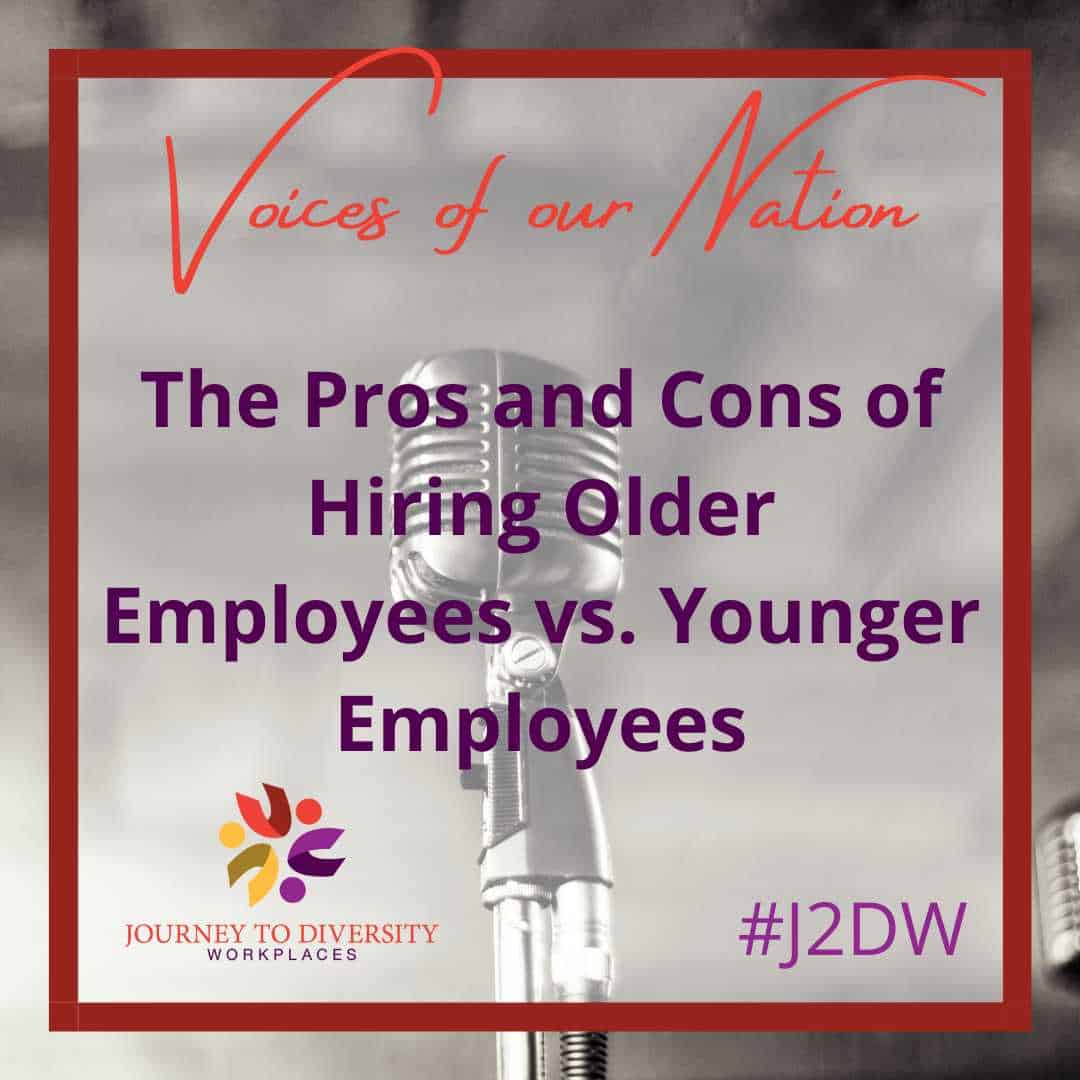We are fortunate to see an increase in visits to our website in 2021 with lots of help from our active volunteers! Now we present the top 5 articles visitors read on our website in 2021.
5. What is Work Culture? Where does it come from and how do we change it?
There are few topics as broad, or fundamental as culture. Most of us only recognize the dimensions of our culture when we begin to compare our way of life to that of another. Workplace culture is built of all the customs, habits, traditions, values, skills, beliefs, and knowledge of the people included in the company. (Nelson, Quick, Armstrong, Roubecas, Condie, 2021) It affects everything that happens, every action taken, and is shaped by every person that is included. Culture regulates behavior through norms and values, and in so defines the character of a company. (Nelson, 2021)
4. How to combat transphobia in the workplace
As pride month comes to an end, we take a moment to pause and re-evaluate the changes that still need to be made in our world today. Each individual should have the right to an environment where they feel free to express themselves and be accepted for who they are. Do those who identify as part of the LGBTQIA+ community feel safe, secure and accepted in their workplaces? The answer to this in 2021 is still an unsatisfactory no.
3. The facts about workplace harassment
One of the most common issues that employees face within the workplace is harassment. Many Canadians over the age of 15 are likely to fall victim or be a witness to workplace harassment over the course of their career.
2. Minimum Wage, Minimum Effort?
From beginning to end, challenging the status quo is the incremental path of social and societal evolution. When dust settles and senses rest on something out of place, what starts as an individual musing grows into initiative for change. From one mind, or more likely, a hearty discussion of many: a framework erects and is bolted together by sound reasoning and good intentions for the future. At last, change finds its way to the hands of a doer; a creator.
1. Vaccination etiquette in the workplace
In these unprecedented times, the Covid-19 pandemic has brought to light many questions. As the world is moving towards reopening, employees and employers are concerned about what the etiquette surrounding vaccination status will be. Whether or not the question of vaccination status can be posed, not only by customers, but also by employers as a condition for the job. Should employers be allowed to require the disclosure of their employees vaccination status as a condition of employment?
This article was mostly contributed to and edited by J2DW staff & volunteers!





